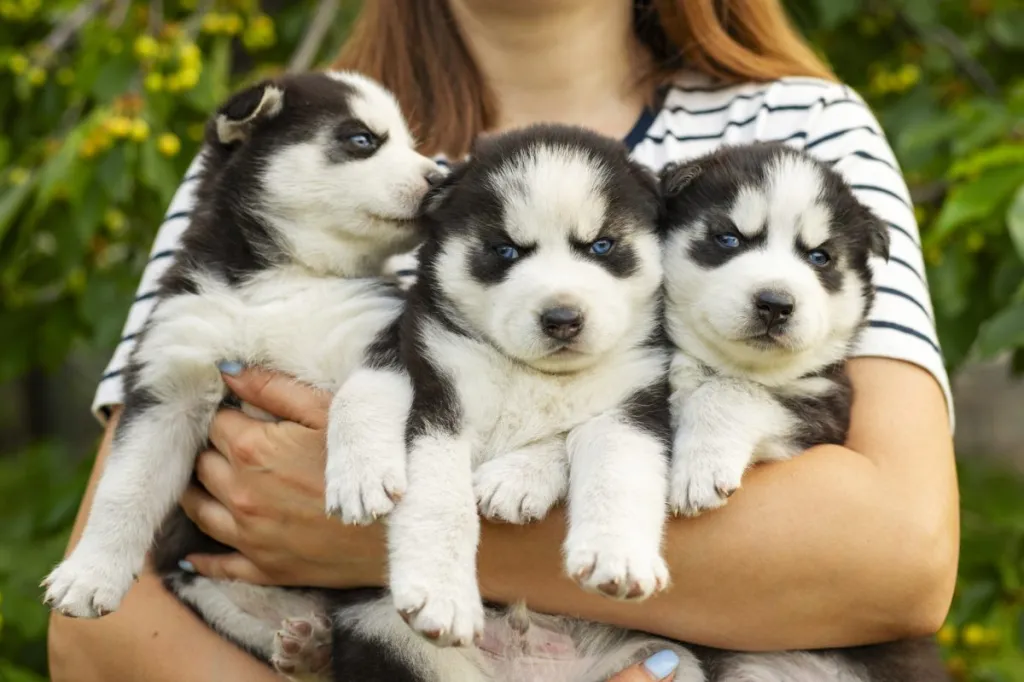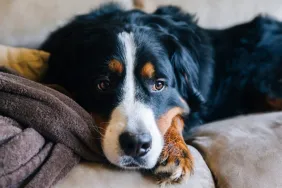Finding a Good Dog Breeder

If you’re considering adding a canine companion to your life, try to adopt a puppy or an adult dog from a shelter or rescue group. Doing so provides a loving home for animals in need. You can find almost any breed you’re looking to adopt there. However, if you really have your heart set on a purebred puppy, finding a reputable dog breeder is crucial.
Unlike pet stores and unethical breeders, responsible breeders prioritize breeding only healthy dogs with good temperaments. This approach significantly increases the likelihood of your puppy growing up to be a well-adjusted family pet.
To find the right dog breeder, exercise patience and be selective in your search. Seek recommendations from your vet, visiting dog shows, or local breed clubs. The American Kennel Club’s breeder referrals for recognized breeds are also an excellent starting point. Alternatively, if you know someone with a wonderful dog, don’t hesitate to ask them where they acquired their pup.
Questions to ask the dog breeder
When communicating with breeders, ask pertinent questions to distinguish the dedicated breeders from the average ones. Inquire about where the puppies live. Puppies raised within a family environment are more likely to be relaxed and friendly compared to those living in isolation in a backyard or basement. Additionally, it’s important to know how often the puppies are handled. Regular socialization with different people from an early age is crucial for their comfort and safety around humans.
Meeting the puppy’s mother is essential for understanding the potential personality traits of the pup. A responsible breeder will not only allow but encourage you to meet the mother. Also, be sure to ask about the breeder’s litter frequency. Dog breeders that have only one or two litters per year are better able to provide proper care and find suitable homes for the puppies.
Obtaining health clearances for the parent and grandparent dogs is vital. These clearances minimize hereditary problems in the lineage. You’ll need to do some research on your breed to find out what tests the parent dogs should have. Our breed profiles are a great place to start.
@media (min-width: 0px) and (max-width: 749px) { .pb_prebidjs_300x250_a__wrapper { min-height: 250px; } } @media (min-width: 750px) { .pb_prebidjs_300x250_a__wrapper { display: none; } }
Signs of a reputable dog breeder
While visiting breeders, keep an eye out for signs of a reputable one. Puppies should be raised inside the home with the breeder’s family. Both the parent dogs and puppies should appear comfortable and at ease around people. The breeder’s premises should be clean, and the dogs should have access to fresh water, beds, and toys. Breeding for unusual sizes or colors is a red flag. This may indicate a focus on profit rather than producing healthy puppies.
A responsible breeder will be forthright about the breed’s potential drawbacks, including health issues or specific temperaments that may not be suitable for every owner. The breeder should express genuine interest in the well-being of their puppies by asking numerous questions to ensure they are matched with appropriate homes. Moreover, the breeder should be willing to take back the dog at any stage of its life if the owner becomes unable to care for it properly.
Why you should wait until the puppy is 8 weeks old to bring them home
It is crucial not to take a puppy home before it reaches 8 weeks of age. Early interactions with littermates are essential for developing proper canine social skills. What’s more, while the idea of doubling your fun is appealing, you shouldn’t adopt two puppies at once.
In conclusion, thoroughly researching and finding a responsible breeder is essential before purchasing a puppy. This careful approach significantly increases the chances of bringing home a healthy and well-behaved canine companion.




